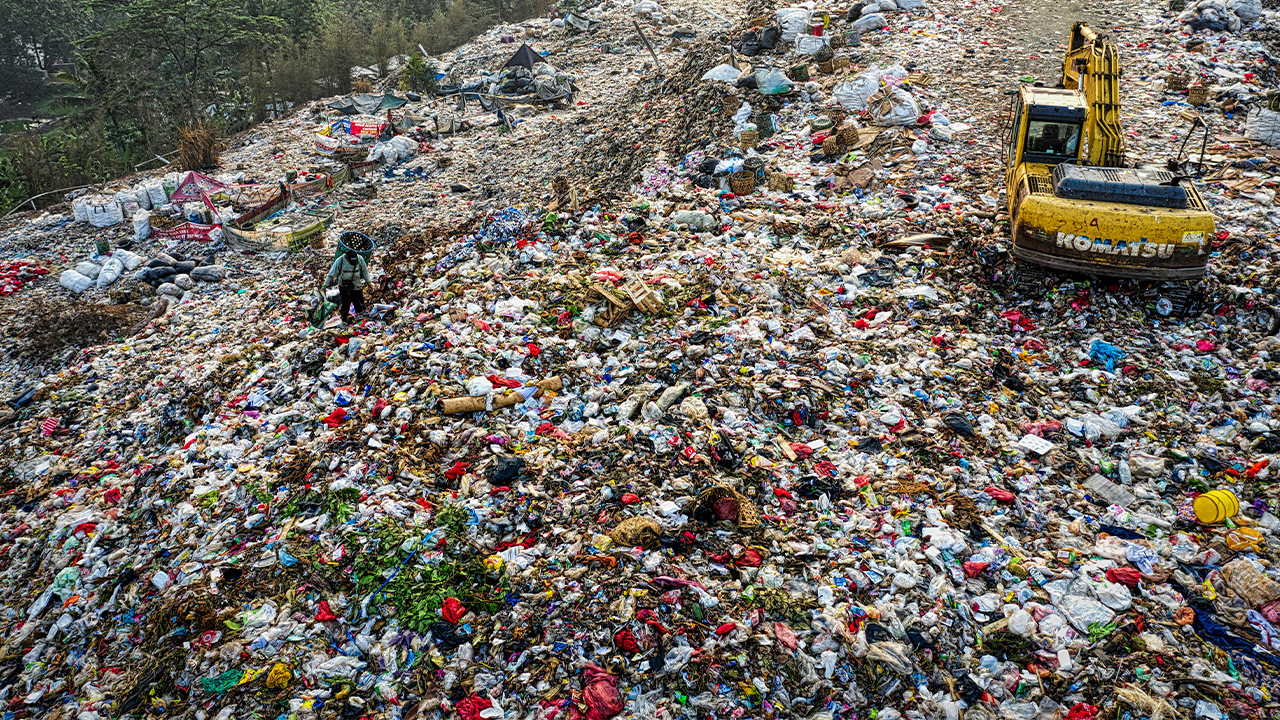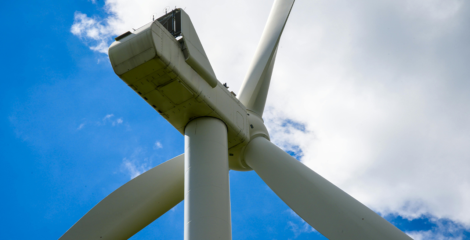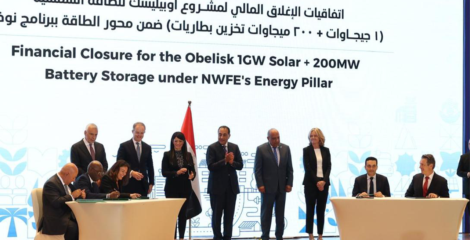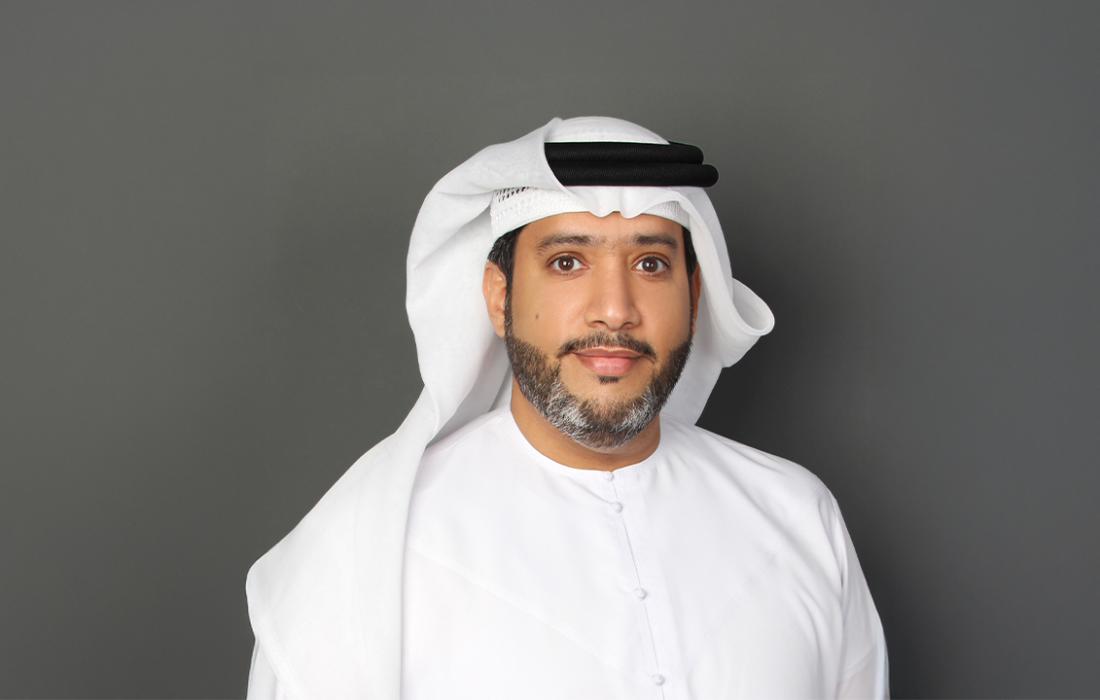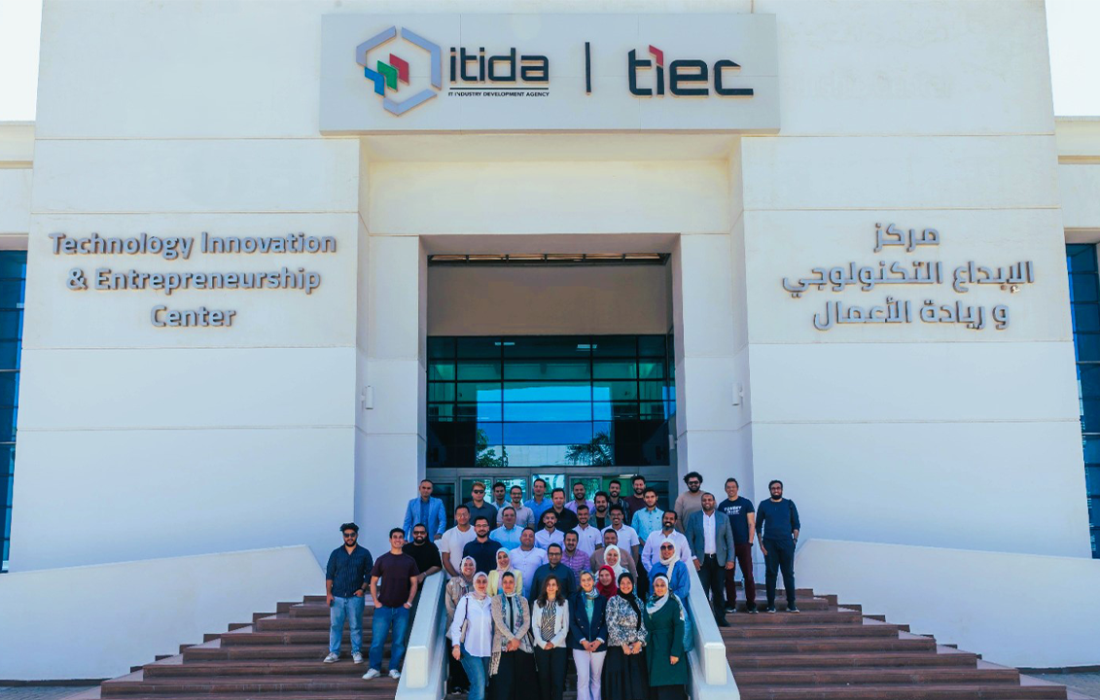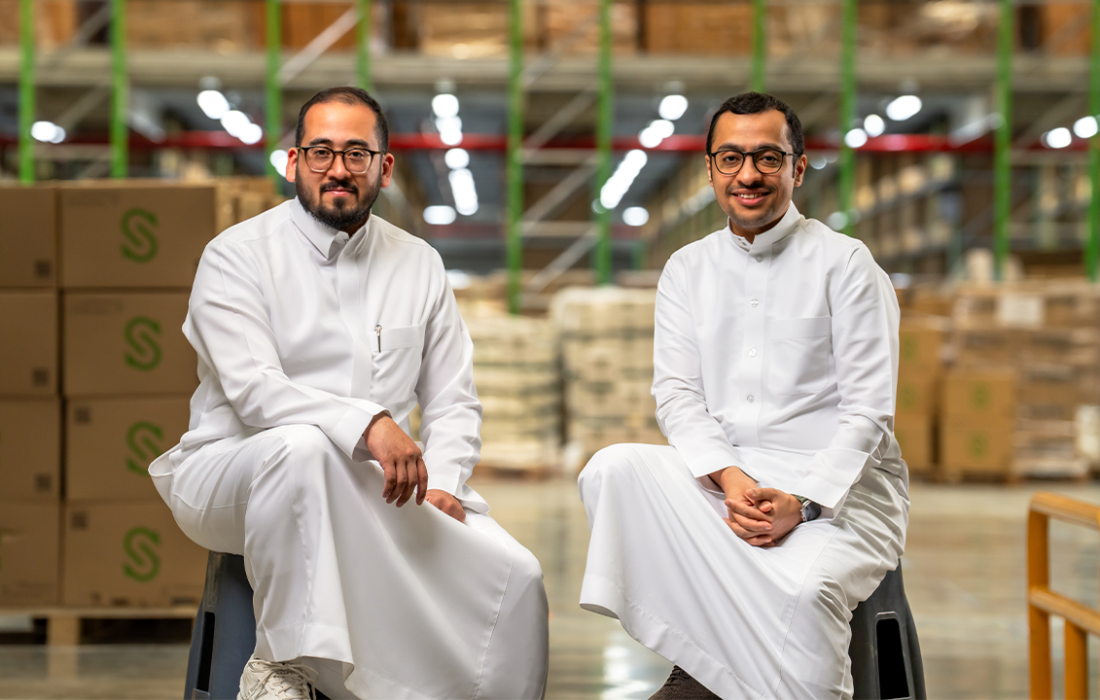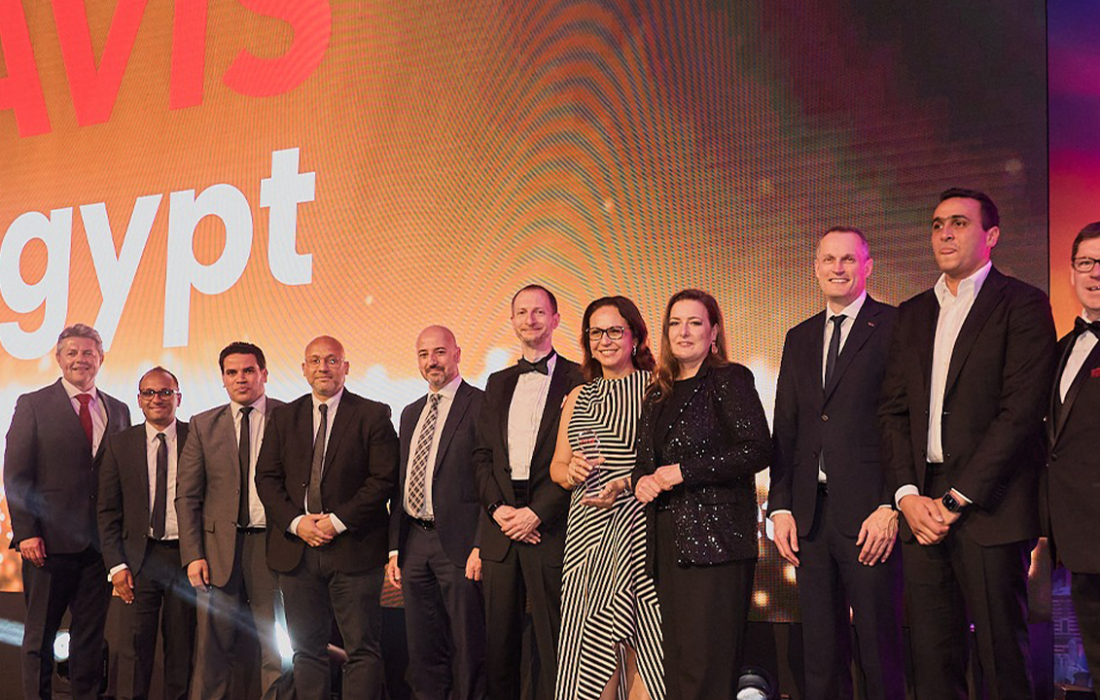Plastic is often centered in the discussion about climate change. But why is that?
According to the UNEP, on a daily basis the equivalent of 2,000 garbage trucks full of plastics are dumped into the world’s oceans, rivers and lakes.Every year 19-23 million tonnes of plastics waste leaks into aquatics ecosystems thus polluting lakes, rivers and seas.
This is a global issue as the ocean knows no borders or boundaries. This makes plastic pollution a global concern that requires global solutions
Plastic Pollution
According to a study from the Marine Pollution Bulletin, scientists estimate that marine plastics lead to a 1-5% loss in marine ecosystem services. This amounts to a loss of USD 500- 2500 billion in the value of benefits services from marine ecosystem services..
In 2022, the World Bank released a report detailing the human and economic cost of polluted seas and air in the MENA region. The report estimated that the average resident contributes more than 6kg of plastic waste into the region’s seas each year, the highest level globally.
The driving cause behind these massive amounts of plastic waste is poor solid waste management and an overuse of plastics. Other factors include rapid urbanisation, increasing consumerism and lack of adequate waste management and recycling facilities.
Economic Impact
High levels of marine and coastal pollution in MENA pose a threat to the region’s blue economy. This is because it has the highest per-capita plastic footprint. For instance, the Mediterranean sea is one of the world’s plastic pollution hotspots. The World Bank report estimates that the annual average cost of marine plastic pollution is around 0.8% of GDP.
This year, Greenpeace released a documentary called “A Sea of Plastics: The Invisible Pollution.” The documentary details the impact of plastic pollution on communities, coastlines, and human health across Egypt, UAE, Morocco and Tunisia. It details the voices of fishermen, students and everyday citizens as they describe the burden of plastic pollution on their lives. Thus, it focuses on the real-world stories beyond numbers and statistics while shining a light on the threats plastic pollution poses on economic resilience.
Inevitably, plastic pollution and climate change are closely linked as plastic pollution can alter the ecosystem’s ability to adapt to climate change. This can negatively impact the livelihoods of millions of people, food production opportunities and social well-being.
Current Initiatives
In 2022, Egypt hosted COP27 during which it launched its clean-up campaign in Sharm Sheikh. In cooperation with the Ministry of Environment, the European Union and the Swiss government, UNDP Egypt launched an initiative to clean up the land and sea from plastic waste in Sharm El-Sheikh. The event took place in Ras Mohammed protected area and Wataniya marina. It aimed to reduce the number of single-use plastic bags that threaten the Red Sea species and human life.
In March 2022, the United Nations Environment Assembly (UNEA), governments agreed to begin negotiations for a global legally binding plastics treaty that addresses the whole lifecycle of plastics.
Currently, negotiations for the treaty are underway with the goal of finalizing by the end of 2024. However, the deal has not been finalized yet. This had led Greenpeace to push for the plastics treaty a reality in 2025. The organization details that plastic production is currently set to triple by 2050. Furthermore, this could potentially consume up to one-fifth of the world’s remaining carbon budget.
“We are halfway through these critical negotiations, yet still off track to deliver a treaty that will protect our health and environment. Plastic pollution affects us all, this is why multilateralism on this very specific issue must not fail. The countries that pledged ambition must deliver. While ‘business as usual’ may be the easiest choice for some countries, a strong treaty is a once-in- a-generation opportunity to diversify economies and invest in cleaner, more sustainable alternatives.”
Farah Al Hattab, Greenpeace MENA Delegate to the Global Plastics Treaty negotiations and Plastics Campaign Lead.
For the MENA region and the Global South, action is non-negotiable in order to avoid climate and economic costs. Moving forward, improving solid waste management, creating reliable recycling structures and increased private sector collaboration for plastic alternatives is crucial to address the issue.
“Healthy blue assets are at the epicenter of trade, tourism and industry in MENA and while more needs to be done, many countries do now recognize the urgent need to protect this vital natural capital through reforms, regulations, partnerships and investments.”
Ayat Soliman, World Bank Director of Sustainable Development for the Middle East and North Africa.
If you see something out of place or would like to contribute to this story, check out our Ethics and Policy section.
